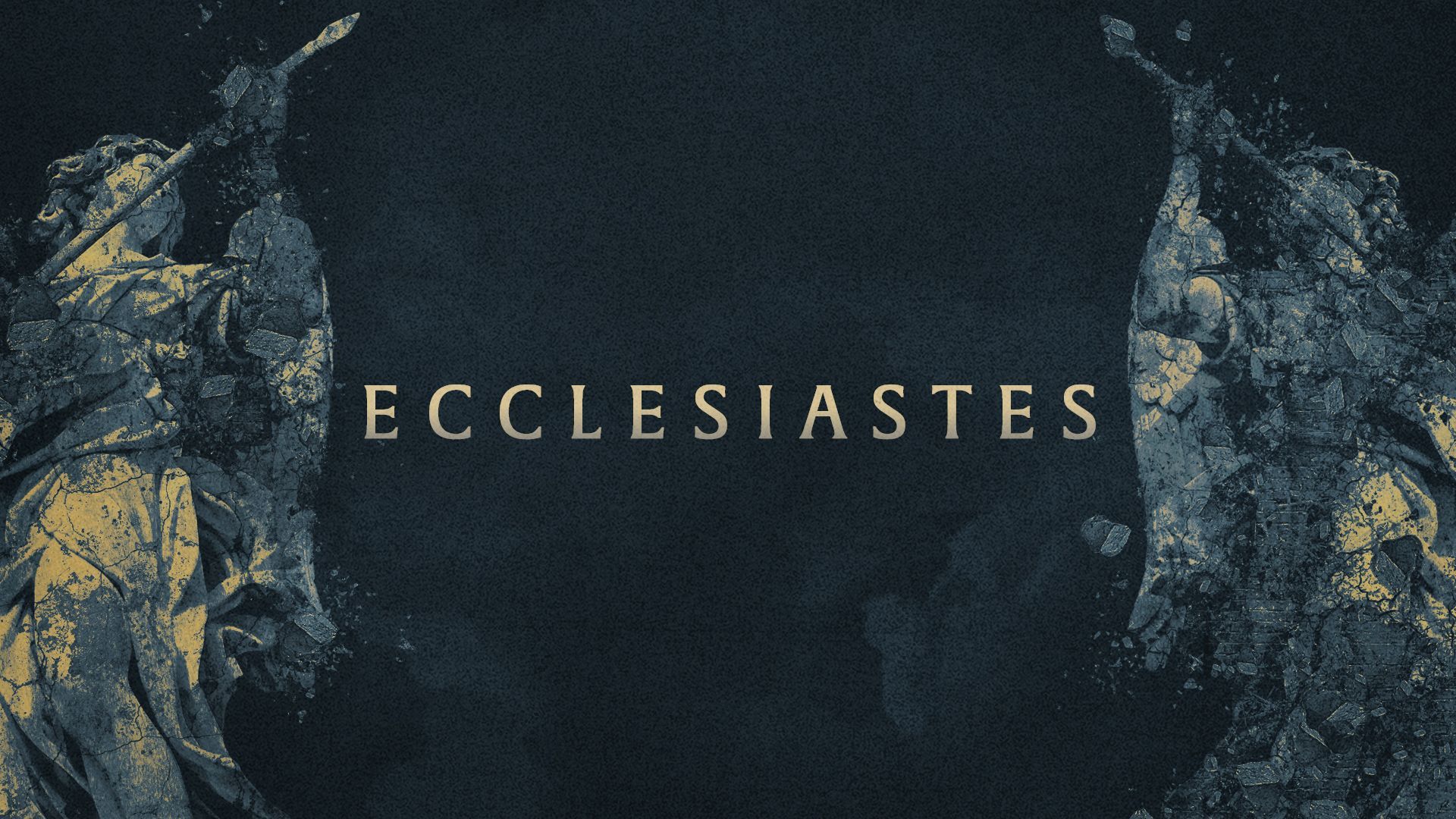Knowledge
New Title
Society focuses on collecting and distributing its knowledge. This has become easier as time continues and as new technologies develop.
- The Library of Alexandria had a goal of collecting “all the books in the world” in the 3rd Century BC. When it was destroyed, it had over 40,000 books and scrolls.
- The US Library of Congress has over 178 million items in its collection, including 25 million books. The “other” items include songs, recordings, movies, and photographs.
- Print encyclopedias sold 120,000 copies in the 1990’s. However, they were then replaced by digital formats. All the information previously stored on 30 books now fits on a single compact disc, and these are also no longer used.
- The English version of Wikipedia has over 7 million articles and is updated continuously. Despite its size, it can fit onto a storage card the size of one’s thumbnail that sells for $10.
And this mainly focuses on “written” knowledge. Things scale much faster and further when you factor in videos and social media.
We all have phones now that can look up any fact or consume any piece of information that has been created in our history from almost any location. Some of us would call this a critical need when this didn’t exist a generation ago. Ultimately, though, what benefit does it provide? What is our goal in having this knowledge and information?
Solomon questions this in Ecclesiastes 2:15-17: So I said to myself, “What happens to the fool will also happen to me. Why then have I been overly wise?” And I said to myself that this is also futile. For, just like the fool, there is no lasting remembrance of the wise, since in the days to come both will be forgotten. How is it that the wise person dies just like the fool? Therefore, I hated life because the work that was done under the sun was distressing to me. For everything is futile and a pursuit of the wind.
We should make the most of our talents and gifts while we are serving God during our time on earth. However, we should not become “overly wise.” Solomon points out that at the end of our lives, it will not matter how much we have learned. The end of our life will come, and our knowledge, as in some of these examples above, will simply be forgotten.
How are you sharing your knowledge and talents with future generations? And is what you’re teaching them worthwhile?
By Jason Grace
Jason is a software engineering manager. He and his wife, Karen, have two children and have been active members at Immanuel for over 23 years. His service includes roles in the deacon ministry, children's ministry, technical team, financial coaching, and leading Bible studies. He loves traveling with his wife and family throughout the US.












